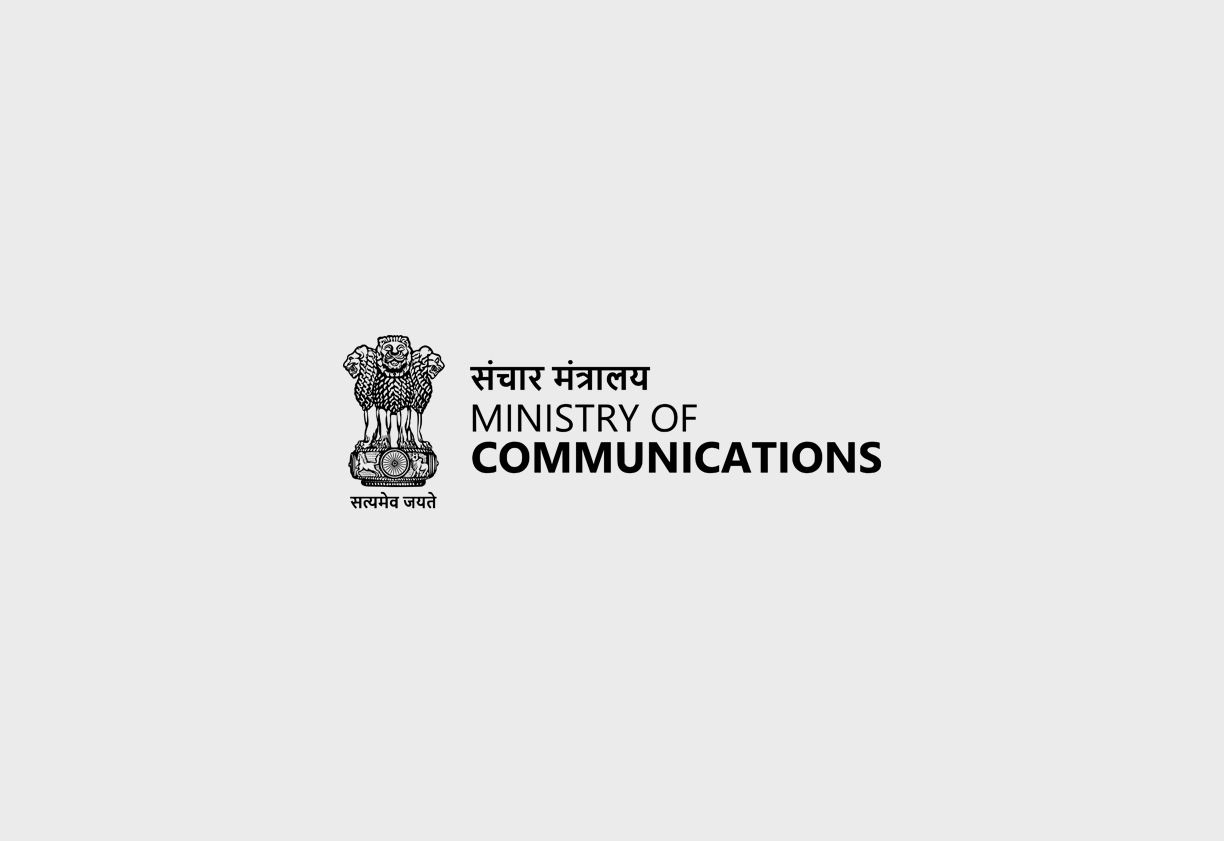Ministry of Communications
The Telecom Regulatory Authority of India Act, 1997, is a pivotal piece of legislation that established the Telecom Regulatory Authority of India (TRAI) and the Telecom Disputes Settlement and Appellate Tribunal (TDSAT). This Act provides a comprehensive framework for regulating the telecommunications sector in India, ensuring fair competition, protecting consumer interests, and promoting the orderly growth of the industry. The Act outlines the powers and functions of the Telecom Regulatory Authority, the establishment and jurisdiction of the Appellate Tribunal, and the mechanisms for dispute resolution. It is a cornerstone of the regulatory landscape for the telecom sector in India.
Act Background and Ministry:
The Telecom Regulatory Authority of India Act, 1997, was enacted by the Parliament of India. It was designed to establish an independent regulatory body for the rapidly growing telecommunications sector. The Act falls under the purview of the Ministry of Communications, Government of India.
Enactment Date, Number of Chapters, Number of Sections:
The Act was enacted on March 28, 1997. It is structured into 40 sections, divided into 6 chapters.
Act Governed By:
The Act is primarily governed by the Telecom Regulatory Authority of India (TRAI) and the Telecom Disputes Settlement and Appellate Tribunal (TDSAT). The Central Government also plays a significant role in the implementation of the Act, including making rules and issuing directions. The Act also involves the roles of licensors and service providers.
On Whom it is Applicable:
The Act is applicable to all service providers in the telecommunications sector, including licensees, the government as a service provider, and any other entity providing telecommunication services. It also applies to consumers of telecommunication services and to the Central Government and State Governments in their roles related to the telecom sector.
Penalties/Punishments:
The Act specifies penalties for non-compliance, which include:
-
Fines: For contravention of directions of the Authority and for wilful failure to comply with orders of the Appellate Tribunal.
-
Imprisonment: For providing false information or acting mala fide.
-
Additional Fines: For continuing contraventions, additional fines may be imposed for every day during which the default continues.
Important Pointers:
-
Establishment of TRAI: The Act establishes the Telecom Regulatory Authority of India as an independent regulatory body.
-
Functions of TRAI: The Act outlines the functions of TRAI, including making recommendations, fixing terms and conditions of licenses, ensuring compliance with licenses, and promoting competition.
-
Appellate Tribunal: The Act establishes the Telecom Disputes Settlement and Appellate Tribunal to adjudicate disputes and hear appeals against the orders of TRAI.
-
Power to Issue Directions: TRAI has the power to issue directions to service providers for proper functioning.
-
Power to Call for Information: TRAI has the power to call for information and conduct investigations into the affairs of service providers.
-
Bar of Jurisdiction: The Act bars civil courts from having jurisdiction in matters that fall under the purview of TRAI or the Appellate Tribunal.
-
Rules and Regulations: The Act empowers the Central Government and TRAI to make rules and regulations to carry out the provisions of the Act.
-
Transparency: The Act emphasizes transparency in the functioning of TRAI.
Act Copy:




